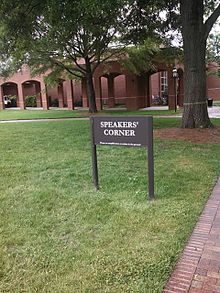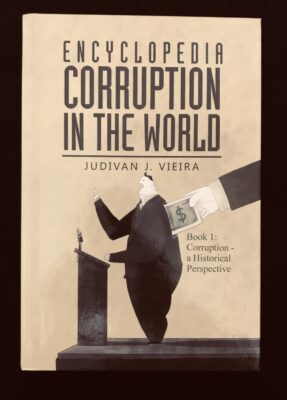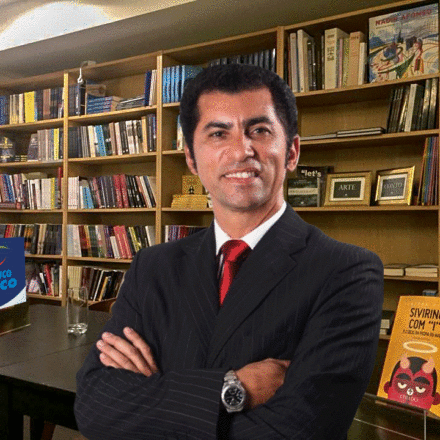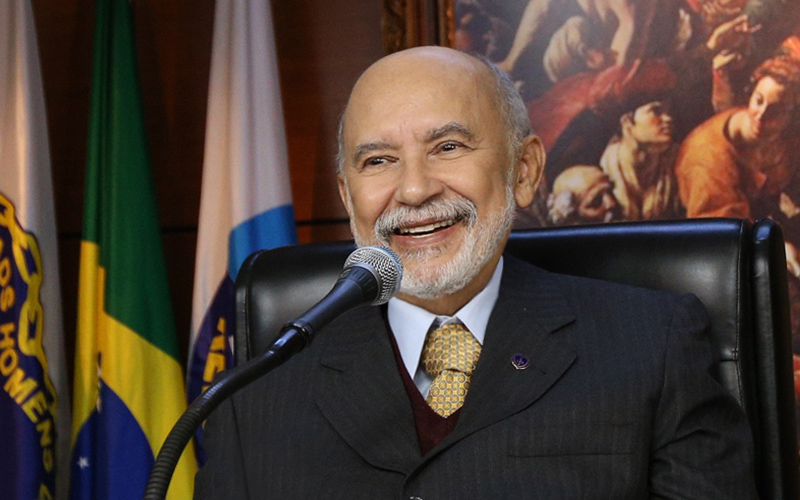
From Brasilia, the capital of Brazil.
Semantically, the word “place” is related to the place of origin of someone or something. The place of speech, in turn, is related to a position that someone assumes.
The expression “place of expression” goes beyond representativeness, since some people affirm, even if they are well-intentioned, to alienate those who want to help, cooperate, fight side by side to combat some types of prejudice and discrimination.
We all need to repeat incessantly that all doctrines, policies and practices based on the superiority of certain peoples or people, or that defend them on grounds of national origin or racial, religious, ethnic or cultural differences, are racist, scientifically false, legally invalid, morally reprehensible and socially unjust.
This UN declaration is valid for people who want to take control of the issues, the struggles and make them their own to stratify them and turn them into ghettos. Such naive fervor weakens the fight, rather than strengthens it. It feeds the ferocity of the “wolf” that exists in each one of us, whose territorial struggle for dominance does not cease.
The place of the word does not hinder the freedom of expression, when the speaker understands that we all have the right to have an opinion on each one of the issues and that there are people who, because they are passive subjects of physical or psychological aggression, have more property to express your suffering.
I do not believe, nor is it rational for someone trapped to reject the help of those who offer it, hoping that only a “specialist” will come to their aid.
The question of representativeness, from a lexical and legal perspective
Representativeness is conceptualized lexically, as the quality of someone, a party, a group, or a union, whose population base means that it can actually express itself on behalf of the people they represent.
What do the dictionaries suggest? That there are people who represent other people, such as parents who are in charge of managing the lives of their minor children; as there are those who assume the custody or guardianship of minors in need, or in abandonment; as there are adults, who care for elderly people who are incapable.
There are also institutions that express the desire of their members, from professional categories, such as associations, unions, councils, and professional bodies. All represent, speak, express the wishes and interests of their categories.
These professional unions, pastoral councils, etc., are all authorized by the categories they represent.
Where does this representativeness come from? It comes from the science of law! The formal authorization that the laws grant to the representative.
Here are some examples that I extract from the Brazilian Civil Code:
“Art. 22. If a person disappears from his home without news, if he has not left a representative or lawyer to whom he can administer his assets, the judge, at the request of any interested party or the Public Ministry, will declare the absence and appoint him. -They are curator.
(…)
Art. 26. After one year of collection of the assets of the absent person or, if he has left a representative or attorney-in-fact, after three years, the interested parties may request that the absence be declared and the succession be provisionally started.
(…)
Art. 32. Provisional successors will actively and passively represent the absent person, in possession of the assets, so that pending and future actions may be filed against them.
(…)
Art. 76. The incapacitated person, the public servant, the military man, the sailor and the detainee have the necessary domicile.
Sole paragraph. The address of the disabled person is that of his representative or assistant; that of the public servant, the place where he permanently performs his functions; that of the Armed Forces, where to serve and, whether of the Navy or the Air Force, the command headquarters to which they are immediately subordinate; that of seafarers, where the ship is registered; and that of the prisoner, the place where the sentence will be served ”.
Yes, there are cases in which the law recognizes that some people cannot express their will for legal commercial purposes and, consequently, requires them to be assisted or represented.
But this is not the case with the defense of one human being by another. No institution or person has the exclusive right to speak alone against any type of injustice, because all doctrines, policies and practices are based on the superiority of certain peoples or individuals, or that defend them based on national or racial origin, religious, ethnic or cultural, racist, scientifically false, legally invalid, morally reprehensible and socially unjust. This, in itself, gives the right to anyone who wants to speak out against the suffering of the aggrieved, be they black, white, “gay”, indigenous, men or women.
To be continued…
Instagram: judivan j vieira

Encyclopedia Corruption in the Wold: five books that will surprise you!
Buy it: www.judivanvieirabooks.com









